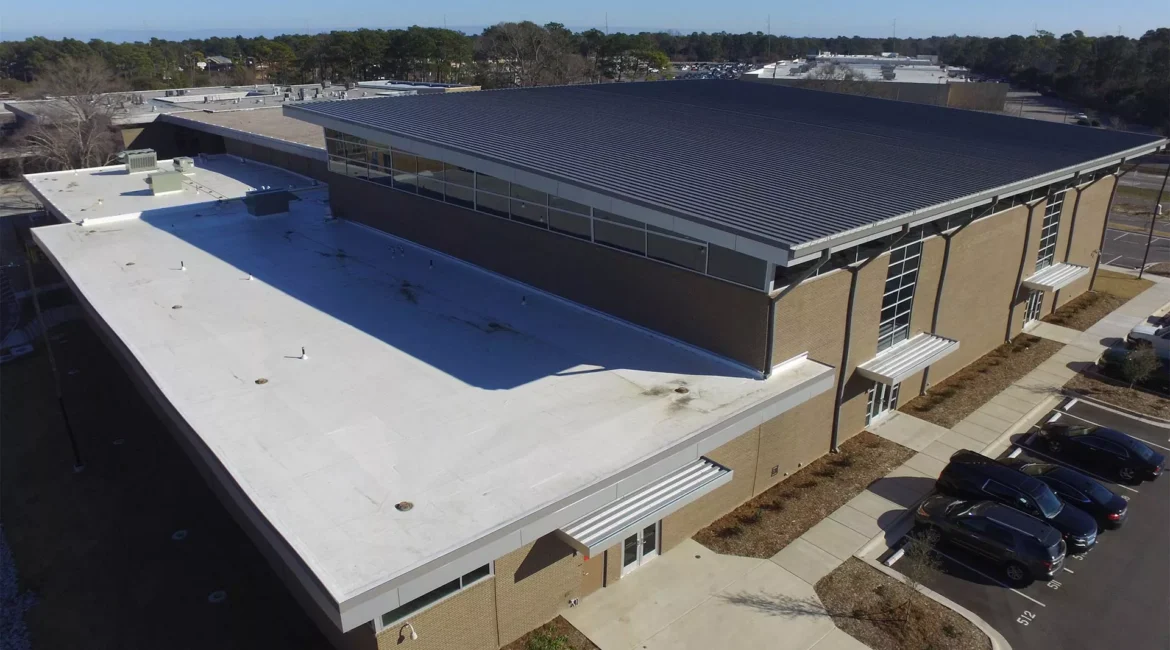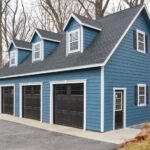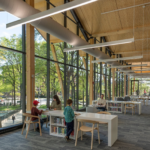For Cities, Schools, and Public Agencies
Across the Twin Cities, facility teams face a recurring challenge: a growing backlog of essential improvements—yet limited budget, bandwidth, and build season to get them done. ADA upgrades, roof repairs, concrete replacements, and public access remodels all compete for attention. So how do you decide what moves forward?
Here’s a practical framework to help Facility Directors, Project Managers, and Stakeholders prioritize high-impact capital projects effectively.
1. Prioritize Safety & Code Compliance
Start with anything tied to life safety, accessibility, or code violations. These reduce liability and prevent unplanned shutdowns.
Examples:
- ADA entry upgrades
- Cracked sidewalks or trip hazards
- Leaking roofs or electrical fire risks
- Ramp or guardrail failures
Tip: If failure means disruption, learning loss, or safety risk—it belongs at the top.
2. Protect Mission-Critical Systems
Next, focus on assets that keep your buildings open and operational.
- Roofing over classrooms, gyms, or administrative wings
- Failing HVAC or ventilation systems
- Electrical infrastructure tied to IT or security
- Primary entrances and drop-off zones
Tip: If failure means disruption, learning loss, or safety risk—it belongs at the top.
3. Bundle Projects for Efficiency
Bundling saves money and reduces disruption. Plan upgrades that complement each other.
- Pair ADA sidewalk work with concrete or asphalt repairs
- Combine roofing with insulation or solar readiness
- Remodel restrooms with compliant fixtures and touchless upgrades
- Replace doors and windows when upgrading surrounding masonry
Tip: Packaged scopes lower labor and mobilization costs and often qualify for bulk pricing.
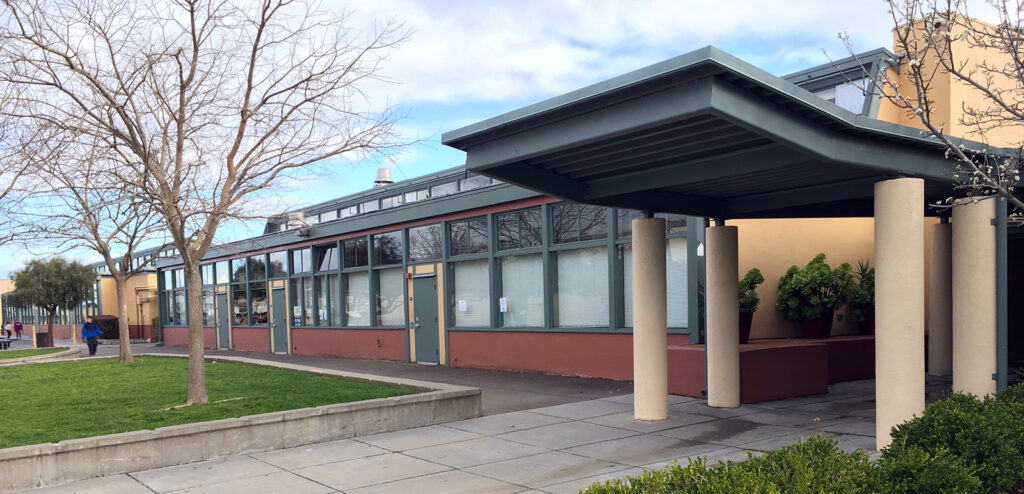
4. Schedule Build Around Minnesota’s Seasons
Plan proactively for weather and school calendar:
- Spring–Fall: Roofing, flatwork, and site excavation
- Summer: Ideal for major renovations
- Winter Breaks: Interior upgrades like lighting, ADA, and finishes
- Fall: Finalize designs for shovel-ready spring starts
Tip: Long-lead items (metal doors, updated windows, custom cabinets and appliances, ADA lifts) should be ordered months in advance and budgeted for accordingly.
5. Prioritize Value, Not Just Visibility
Sometimes the most important upgrades are hidden from public view—but they preserve your most critical infrastructure.
High-ROI choices:
- Full roof replacements (vs. recurring patches)
- Energy-efficient ADA door systems
- Updated MEP stack (mechanical, electrical, or plumbing systems)
- Parking lot or drop-off zone accessibility
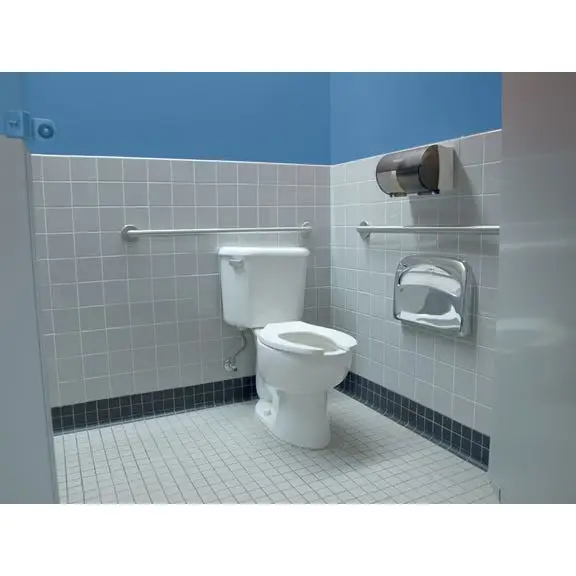
Final Word
A tight budget doesn’t mean small impact. With the right framework, you can reduce risk, extend asset life, and show visible progress to your board and community.
Need help planning or pricing your next round of improvements?
Stonewing Builders specializes in small to mid-sized capital projects under $200K:
✅ ADA upgrades
✅ Roofing, concrete, and masonry
✅ Restroom and entry remodels
Built for Minnesota. Built to last.
�� Contact us today for an estimate or planning consultation.



